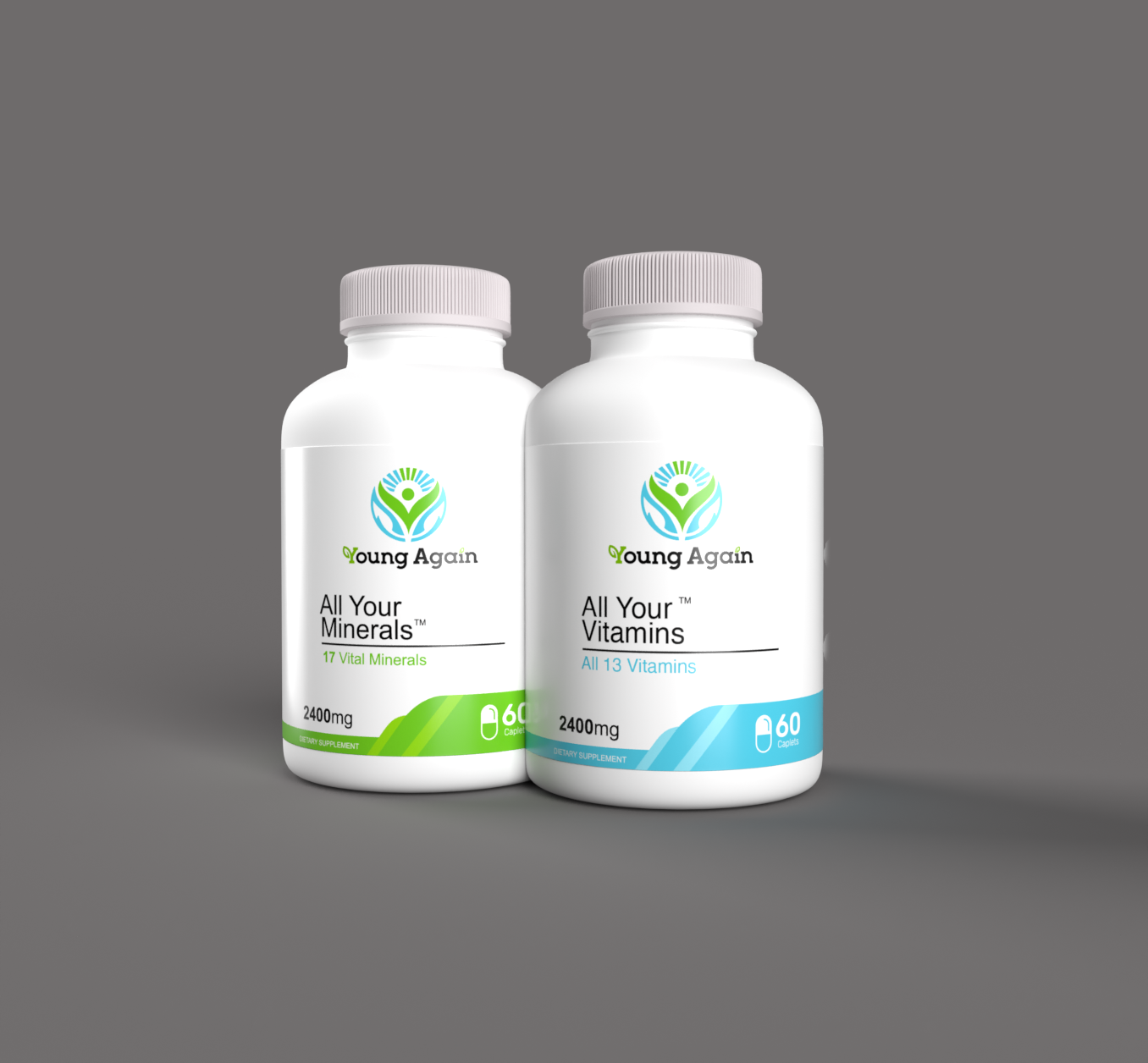
The Collagen Craze: Is It Really the Secret to Glowing Skin and Strong Joints?
Share
Walk into any health store or scroll through Instagram, and chances are you’ve seen collagen supplements everywhere—powders, drinks, gummies, even coffee creamers. Collagen is the beauty world’s latest obsession, with claims that it can make your skin glow, strengthen your joints, and even improve your hair and nails.
But does collagen really live up to the hype? Let’s explore what science has to say about collagen supplements, how they work, and whether they’re worth adding to your wellness routine.
What Is Collagen and Why Does It Matter?
Collagen is the most abundant protein in your body. Think of it as the “glue” that holds everything together—it’s found in your skin, hair, nails, bones, joints, and connective tissues.
Why You Need It
As we age, our natural collagen production declines. Starting in our mid-20s, we lose about 1% of collagen each year. This leads to visible signs of aging, like wrinkles and sagging skin, and can also cause joint discomfort and stiffness.
That’s why collagen supplements have become so popular—they promise to replenish what your body naturally loses over time.
The Science Behind Collagen Supplements
Unlike applying collagen topically (which doesn’t work because collagen molecules are too large to penetrate the skin), ingesting collagen might offer benefits. Here’s how:
1. How Collagen Supplements Work
Most collagen supplements contain hydrolyzed collagen peptides, which are broken down into smaller amino acids that your body can absorb. Once absorbed, these amino acids provide building blocks for collagen production.
However, some experts believe the benefits aren’t just about replacing lost collagen. The amino acids may signal your body to ramp up its own collagen production naturally.
2. Skin Health and Collagen
Numerous studies support the idea that collagen supplements can improve skin elasticity, hydration, and overall appearance. For example:
- A 2019 review in the journal Nutrients found that taking 2.5–10 grams of collagen peptides daily for 8–12 weeks significantly improved skin hydration, elasticity, and density.
- Another study showed a reduction in wrinkles and better skin texture after 12 weeks of daily collagen supplementation.
3. Collagen for Joints and Bones
Collagen isn’t just about beauty—it’s also crucial for joint and bone health.
- Research published in Current Medical Research and Opinion found that collagen supplements reduced joint pain in athletes and individuals with osteoarthritis.
- Other studies suggest that collagen can improve bone density, making it particularly valuable as we age.
Other Beauty-Boosting Nutrients to Know About
While collagen may take center stage, it doesn’t act alone. These nutrients play supporting roles in enhancing skin, hair, and joint health:
1. Vitamin C
- Vitamin C is essential for collagen synthesis. Without it, your body can’t convert amino acids into collagen.
- Found in: Citrus fruits, berries, and leafy greens.
2. Hyaluronic Acid
- This natural molecule helps your skin retain moisture and keeps joints lubricated.
- Often paired with collagen in supplements for added benefits.
3. Biotin
- Known as the “beauty vitamin,” biotin supports healthy hair, skin, and nails.
- Found in: Eggs, nuts, and whole grains.
4. Zinc
- Zinc helps repair damaged skin and supports collagen production.
- Found in: Shellfish, seeds, and legumes.
5. Omega-3 Fatty Acids
- Omega-3s reduce inflammation and promote hydrated, plump skin.
- Found in: Fatty fish, walnuts, and flaxseeds.
Should You Try Collagen Supplements?
Collagen supplements might be worth trying if you’re looking to support your skin, joints, or overall health. Here are a few tips to help you decide:
1. Choose the Right Type of Collagen
There are several types of collagen, but the most common in supplements are:
- Type I: Found in skin, hair, and bones. Best for beauty benefits.
- Type II: Supports joint health.
- Type III: Found in skin and blood vessels, often combined with Type I.
2. Look for Hydrolyzed Collagen (Collagen Peptides)
This form is easier for your body to absorb and use.
3. Be Consistent
Studies suggest you need to take collagen daily for at least 8–12 weeks to see results.
4. Combine with a Healthy Lifestyle
For best results, pair collagen supplements with a nutrient-rich diet, hydration, and sun protection.
What Are the Limitations?
While collagen supplements show promise, they aren’t magic. Here’s what to keep in mind:
- Results may vary. Not everyone experiences noticeable changes.
- It’s not a quick fix. Benefits build over time with consistent use.
- Your diet still matters. Eating a balanced diet with plenty of whole foods is key for overall health.
Natural Ways to Boost Collagen
If supplements aren’t your thing, you can naturally support collagen production by:
- Eating collagen-rich foods: Bone broth, chicken skin, and fish skin are natural sources.
- Prioritizing vitamin C: Essential for collagen synthesis.
- Avoiding smoking and excessive sugar: Both can damage collagen.
The Bottom Line
Collagen supplements are more than just hype—they’re backed by research that points to real benefits for skin, joints, and overall health. While they aren’t a fountain of youth, they can be a valuable tool in your wellness routine.
If you’re curious, start with a high-quality supplement and give it time to work. And remember, the best results come from a combination of smart nutrition, good skincare, and a healthy lifestyle.

